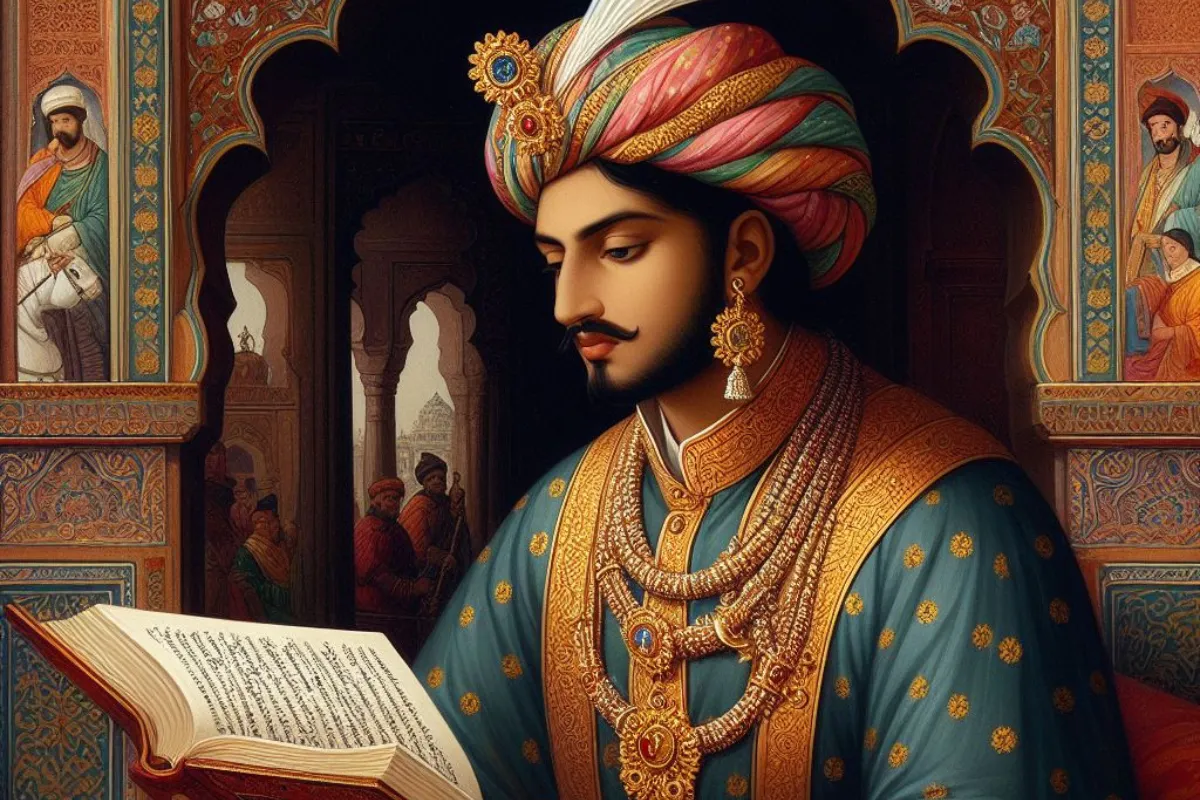The Mughal Empire witnessed the rise and fall of many illustrious rulers, but the tale of Humayun, the second emperor, stands out as a peculiar paradox. Born under the auspicious name which means “fortunate,” his reign was plagued by misfortune and tumult. Despite initial victories, Humayun’s rule was marked by a series of setbacks, betrayals, and exile, making him one of the most unfortunate rulers of the Mughal Empire.
The Promising Beginnings of a Troubled Reign
Born as the eldest son of the celebrated Babur, the founder of the Mughal Empire, Humayun ascended to the throne in 1530 at the age of 23. His early victories, including the conquest of Gujarat and the defeat of the Afghan Sultan Mahmood Lodhi, hinted at a promising reign. However, his lack of political acumen and a fateful decision to divide the empire among his brothers proved to be his undoing.
The Blunder That Cost Him His Kingdom
Humayun’s decision to grant territories to his brothers Kamran, Askari, and Hindal backfired spectacularly. Askari’s inability to hold onto Gujarat paved the way for the resurgence of the Afghan ruler Sher Khan, who emerged as a formidable adversary. In the Battle of Chausa in 1539, Sher Khan decisively crushed Humayun’s army, forcing the emperor to flee.
Exile and the Birth of a Legacy
The following year, in the Battle of Bilgram or Kanauj, Humayun suffered another crushing defeat at the hands of Sher Khan, losing his kingdom and becoming an exile for the next fifteen years. During this period of wandering, Humayun found solace in the deserts of Sindh, where he married Hamida Banu Begum, the daughter of a respected preceptor. It was in Amarkot that Humayun’s wife gave birth to their son, Akbar, on November 23, 1542, laying the foundation for one of the greatest Mughal rulers in history.
Seeking Refuge and a Second Chance
Humayun’s fortunes seemed to take a turn for the better when he found refuge with Shah Tahmasp of Persia. The Shah agreed to help him reclaim his throne on the condition that Humayun convert to Shia Islam and cede Kandahar to Persia upon his success. Despite these demands, Humayun secured Persian military assistance and managed to recapture Kandahar and Kabul in 1545. However, he refused to relinquish Kandahar, creating tension with the Shah.
Return to Power and an Untimely End
Undeterred, Humayun continued his fight. He defeated his brothers and, finally, in 1555, he managed to reclaim the Mughal throne from the Afghans. Tragically, his reign was short-lived. A mere six months later, in 1556, Humayun died after a fall from the stairs of his library.











